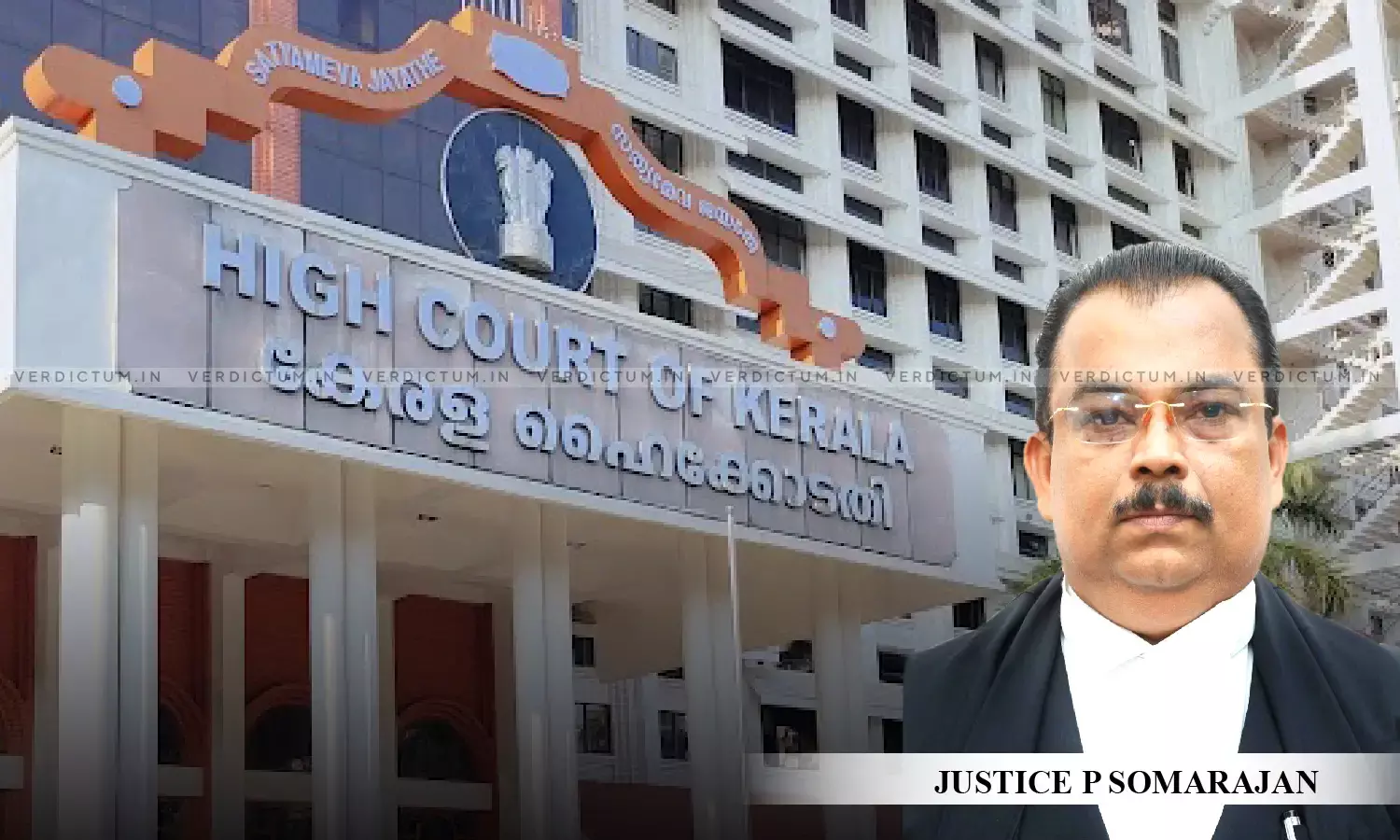Explore Possibility Of Uniform Central Legislation To Regulate Religious & Charitable Institutions: Kerala HC To Centre

The Kerala High Court has urged the Central Government to explore the possibility of uniform central legislation to regulate the functioning of religious and charitable organizations/institutions.
The bench of Justice P. Somarajan observed that it has become the usual practice in the State of Kerala that any person or group of persons can acquire the property without the liability to account for it or its utilization by giving a religious name or under the guise of charity.
The Court also observed that nobody will dare to challenge such religious institutions because of the political and religious power held by those institutions on account of the vote bank and that it is easy for them to get pattayam over such property.
The Court made this observation while dealing with a case relating to the alleged irregularities in the sale of land belonging to the Syro-Malabar Church.
Senior Advocate George Poonthottam appeared for the Petitioner Cardinal Mar George Alencherry.
The Court held that these large-scale malpractices which are rampant in the State have to fall under judicial scrutiny more rigorously.
"The government property is not an exception to the massive encroachment by religious/charitable unincorporated organization. Public property, puramboke land and government property still remain vulnerable to massive and organized rapacious encroachment. There is no provision for accounting of the assets and its utilization by such unincorporated organization either so called religious or charitable.", the Court noted.
The Court held that both the State Government and the Central Government are duty-bound to follow the constitutional mandate and to preserve properties of bona vacantia and property belonging to the public at large.
The Court further added that the property ostensibly obtained by such bodies/institutions has to be enquired into and investigated by taking proper action against the culprits.
The Court directed the State Government to constitute a State wise high power body to scrutinize the validity of pattayam, if any obtained under the garb of Land Assignment Act by misusing its provisions and to conduct a survey in order to find out such incident all over Kerala.
"…the State Government is duty bound to take over all property of bona vacantia and to preserve it, remove all sorts of encroachment over the Government land, to scrutinize the validity of pattayam, if any obtained under the garb of Land Assignment Act by misusing its provisions and to conduct a survey in order to find out such incident all over Kerala, for which, the State Government (the Chief Secretary) shall constitute a State wise high power body for its implementation and to supervise the survey besides formation of District level body headed by the respective District Collector and revenue head of each district and the Tahsildar.", the Court directed.
The Court also advised the state government to legislate a state law by incorporating provision for periodical/quinquennial survey so as to find out any encroachment or invasion over the property of State Government/public property/property of bona vacantia.
The Court observed that the misdeeds and mischief done by various persons/institution to extort the property of public shall be investigated through the agencies available under the State Government such as Vigilance and Anti-Corruption Bureau etc.
The Court further added thus "I may also request the Central Government to explore the possibility of a uniform central legislation to regulate the functioning of charitable organization/institution and religious institutions listed in entry No.28 of concurrent list of VIIth schedule of Constitution of India including the constitution of a centralized body to address the issues pertaining to the income, expenditure, acquisition and disposal of assets of such bodies."
The Court noted the study of the Ministry of Statistics & Programme in 2012 and the final report published on non-profit institutions in India. The Court observed that as per the result there were 31,74,420 non-profit institutions across India. The study further revealed that the number of unregistered organizations is much more than the registered or formally registered.
"There is no single central legislation which lays down the law governing charity or charitable organizations in India. Now the term 'charity' is largely used to accumulate wealth and property under that guise and to give away the same without accounting the same to any responsible authority. Article 19(1)(c) of the Constitution of India guarantees the right of all citizen to form association or union, but that does not mean that it should be without any legal status or legal recognition, when involves acquisition and accumulation of large quantity of wealth and assets under the guise of charity.", the Court observed.
The Court has posted the matter to May 31, 2023.
Cause Title- Cardinal Mar George Alencherry v. State of Kerala & Ors. with connected cases
Click here to read/download the Order

